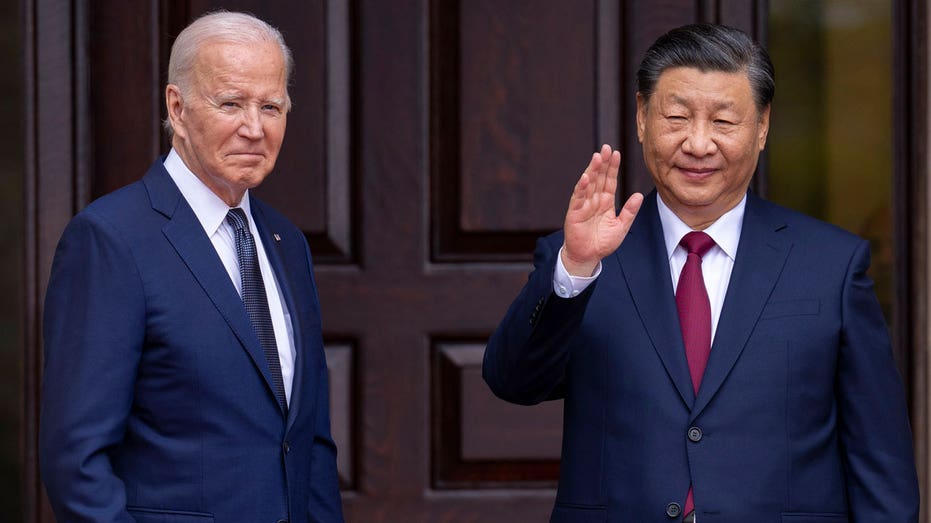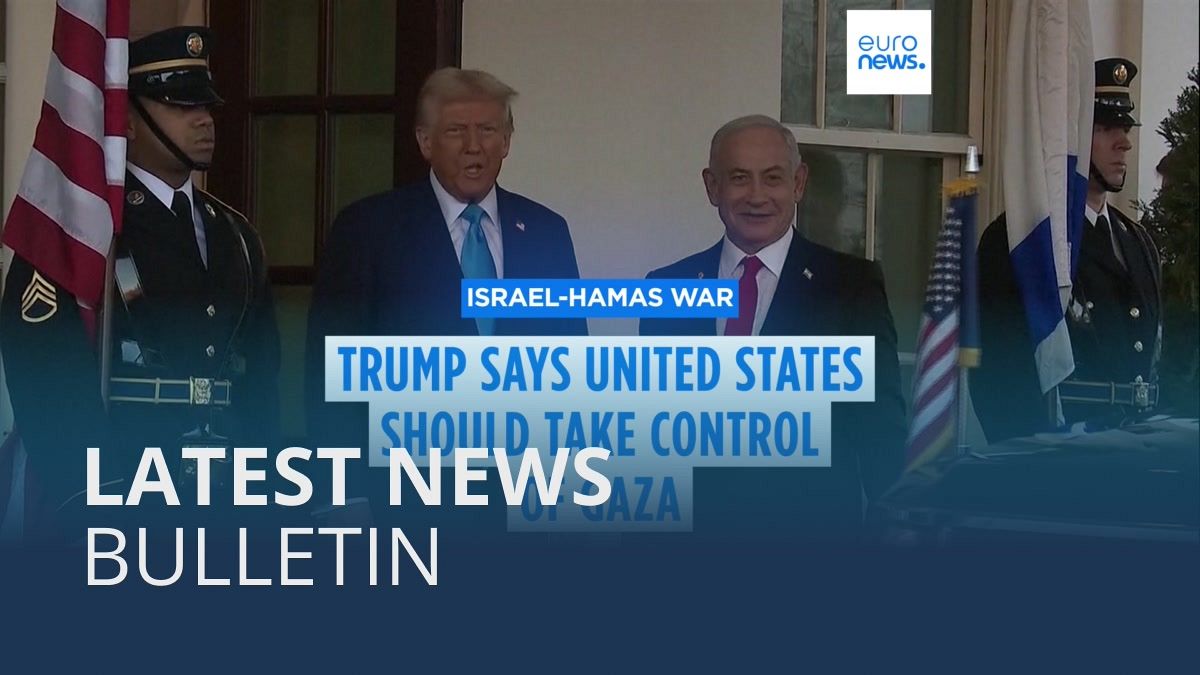Biden responds to new Hong Kong national security law with extreme caution
Despite denouncing Hong Kong's new national security law, the U.S. has responded mutedly, in part because of its fragile relationship with China, analysts suggest.

The U.S. has denounced Hong Kong’s new national security law as a tool to potentially silence dissent both at home and abroad, but so far the action from Washington has been notably muted, disappointing those fighting for the Chinese territory's democracy and freedoms.
Since the law’s swift passage on March 19, the U.S. has announced visa restrictions on an unspecified number of unnamed Hong Kong officials but taken no further action. That’s a far cry from 2020, when Beijing imposed national security restrictions to end months of unrest on Hong Kong streets. The U.S. responded by hitting the city’s highest-ranking officials with sanctions and depriving the territory of its preferential trading status.
While the new law, known as Article 23, now expands the Hong Kong government’s powers to go after those it accuses of spying and to target dissidents anywhere in the world, Washington has been treading carefully.
HONG KONG PRISONERS JAILED FOR NATIONAL SECURITY CRIMES UNLIKELY TO GET EARLY RELEASE, LEADER SAYS
The State Department declined to preview or comment on any potential actions but said it is considering all options.
Analysts suggest the Biden administration may not want to rock relations with China in an election year, especially when the impact of the law might take a while to manifest itself and any punitive U.S. measures would be unlikely to bring about meaningful change.
"U.S. policymakers appear resigned to the fact that China’s takeover of Hong Kong is, for all intents and purposes, complete and irreversible," said Craig Singleton, senior China fellow at the Foundation for Defense of Democracies, a research institute based in Washington. "Moreover, it’s not entirely clear that any specific actions from Washington would prompt Beijing to meaningfully reassess its approach towards Hong Kong, with Chinese policymakers having more or less signaled that Hong Kong’s fate is not up for debate."
Rorry Daniels, managing director of Asia Society Policy Institute in New York, said the U.S. could be "trying to calibrate the response to the effects of the legislation and its use, rather than just to its enactment."
The language of the new law is vague, and its implementation will depend on how it is interpreted, which in itself is worrisome and could erode Hong Kong’s status as a safe place for international contract settlement, Daniels said.
The new security law has come at a time when the White House wants to protect the fragile U.S.-China relationship, which has only stabilized in recent months, said Willy Lam, a senior fellow at the Jamestown Foundation, another Washington-based think tank.
"I think they don’t want the relationship to deteriorate ahead of the election," Lam said.
Hong Kong and the latest legislation was brought up during the phone call between President Joe Biden and Chinese President Xi Jinping on April 2. Xi told Biden the law reflected a "constitutional responsibility to safeguard national security," which he said would protect the well-being of Hong Kong's people and the interests of global investors, according to China's foreign ministry.
"The U.S. needs to respect China’s sovereignty and the rule of law in Hong Kong, and should not disrupt, still less interfere, in the process," said ministry spokesman Wang Wenbin.
In Congress, a bill to strip Hong Kong's trade offices in the U.S. of their diplomatic privileges has not moved forward and neither has one that would require the president to consider sanctioning the city's judges, prosecutors and police commissioner if they were found to have undermined civil freedoms there.
"The latest response by the Biden administration has honestly concerned me about the administration’s commitment to stand up against Beijing’s aggression," said Frances Hui, policy and advocacy coordinator for the Washington-based Committee for Freedom in Hong Kong Foundation. "A more robust response from the U.S. is needed to facilitate future behavioral changes among (Chinese) and Hong Kong officials. A visa ban is something but not enough."
The committee and 23 other Hong Kong advocacy groups issued a joint statement on Thursday calling the Biden administration's response "inadequate and concerning." They urged the government to sanction Hong Kong officials responsible for the intensifying crackdown and offer haven in the U.S. to dissidents. They also urged Congress to pass the stalled legislation.
Singleton said action by the private sector might be more meaningful.
"American companies are quietly scaling back in Hong Kong amid growing safety concerns, with many fearing potential arrests for routine business activities," he said. "The private sector’s shifting sentiments toward Hong Kong, rather than any single U.S. government action, will likely have the biggest impact on Beijing’s ability to leverage Hong Kong’s unique status to reverse China’s downward economic spiral."
Lam said the U.S. government might be holding off until the conclusion of the trial against Jimmy Lai, a prominent publisher, in a high-profile national security case.
Should a Hong Kong court jail Lai for 20 years or more, which would equal life imprisonment given he is 76, "the U.S. government cannot afford to be seen not doing anything," Lam said.
What's Your Reaction?
















